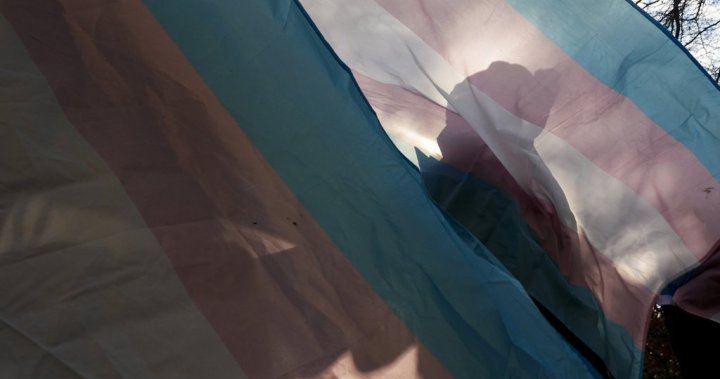The hallways of Quebec’s National Assembly have become the epicenter of one of Canada’s most polarizing social discussions, as lawmakers grapple with the increasingly contentious debate surrounding gender identity. A legislative committee has now issued stark warnings about the deteriorating quality of public discourse, calling for immediate restoration of respectful dialogue amidst rising tensions.
“What we’re witnessing is unprecedented in recent Quebec political history,” explained Justice Minister Simon Jolin-Barrette, who chairs the Committee on Institutions that released the warning. “The level of animosity has reached a point where productive conversation has become nearly impossible.”
The committee’s rare public statement comes after months of heated exchanges between advocacy groups on both sides of the gender identity debate. At the heart of the controversy lies Bill 44, proposed legislation that would establish clearer guidelines on how gender identity is addressed in provincial institutions, particularly schools.
Opposition to the bill has been fierce, with human rights organizations and LGBTQ+ advocates arguing that the proposed measures could potentially violate individual freedoms and expose transgender youth to discrimination. Conversely, supporters maintain that the legislation is necessary to protect children from making life-altering decisions before reaching adulthood.
Dominique Anglade, former Liberal party leader and political analyst, told CO24 Politics that the situation demonstrates how divisive identity issues have become in Quebec’s political landscape. “This isn’t merely about policy anymore—it’s evolved into a fundamental clash of values and worldviews that cuts across traditional political lines.”
The committee’s warning specifically referenced concerning incidents at recent public consultations, where speakers faced intimidation tactics, personal attacks, and even threats. Security measures have been enhanced at the National Assembly as a precaution.
Data from Quebec’s Human Rights Commission shows complaints related to gender identity discrimination have increased by 43% over the past two years, highlighting the real-world implications of this heated debate. The Commission has urged all parties to recognize the human dignity at stake in these discussions.
“Policy disagreements are the cornerstone of democratic society,” explained Dr. Marie-Claude Hamel, political science professor at Université de Montréal. “But when debate deteriorates into dehumanization of those with opposing viewpoints, we’ve crossed a dangerous threshold.”
The committee has proposed several measures to improve the situation, including structured dialogue sessions facilitated by neutral mediators, stricter moderation of public consultations, and educational resources about respectful democratic engagement.
Quebec Premier François Legault addressed the situation during a press conference yesterday, acknowledging the complexity of the issue while emphasizing that “Quebec must find its own path forward that respects both individual rights and collective values.”
As Canada News continues to monitor developments in this story, observers note that Quebec’s handling of the gender identity debate could establish precedents for similar discussions across the country. Other provinces are watching closely, aware that they may soon face comparable challenges in their own legislatures.
The question now facing Quebec society extends far beyond a single piece of legislation: how can a democratic society navigate deeply personal matters of identity while maintaining the civility and respect necessary for productive governance? The answer may determine not just the fate of Bill 44, but the health of Quebec’s political discourse for years to come.

























